Climate March Shows Divergence Towards Climate Justice
Andres Fuentes | November 15, 2016.
Thousands marched in the streets of Marrakech, Morocco on November 13, as ministers began to arrive for the high-level segment of the climate change negotiations. Local and global activist groups responded to a call to action put out by Moroccan organisers, which asked participants to come together to bring issues of justice and fairness to the center of UN climate negotiations, in order to “protect our health, our food, our water, our environment and our air, in order to create today the jobs of tomorrow.”
The march had a large international contingency made up of civil society groups in Marrakech for COP22. Groups like World Wildlife Fund and Friends of the Earth International marched alongside Moroccan groups to call for action on climate change and demand that governments implement plans that put the world on track for warming to be held below 1.5°C. In addition to the broader messages on climate change, some Moroccan and international civil society groups drew attention to domestic environmental and social issues.
Starting in February, the national government began attempting to bring the planning of demonstrations surrounding the conference under a greater umbrella of government-approved civil society events. While some, such as the Moroccan Coalition for Climate Justice (CMJC), chose to cooperate with the royal regime, a notable splinter group formed in the leadup to the march. Under the name REDACOP, a French acronym meaning the Democratic Network in Support of COP22, the group officially split from the process in September, stating:
“The official (institutional) civil society and the Moroccan Coalition for Climate Justice contribute to ensuring a festive atmosphere during COP22. An atmosphere that will sanction the facilitation of “green projects” and the search for funds at the expense of a real debate around climate justice associated to the larger debate around political, economic and social choices that perpetuate inequality.”
On the eve of the march, REDACOP announced that they would be organising a march to take place in parallel of the official event. After an underwhelming response to their call for participation in their march, they reversed their initial decision and joined the larger march while continuing to carry their message of social and environmental injustices in Morocco.
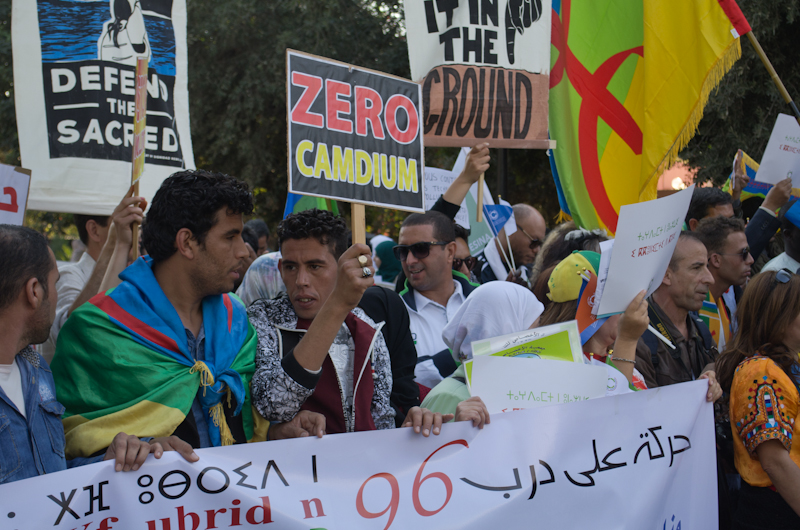
Amazigh people (known internationally as Berbers) joined the call for action on climate change, continuing a decades-long fight against mining and unsustainable water use on their land and expressing solidarity with Standing Rock.
With photography and reporting from Forrest Watkins and Daniel Voskoboynik.





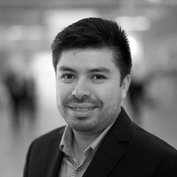
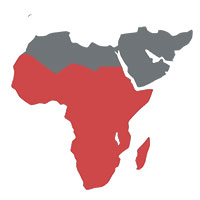
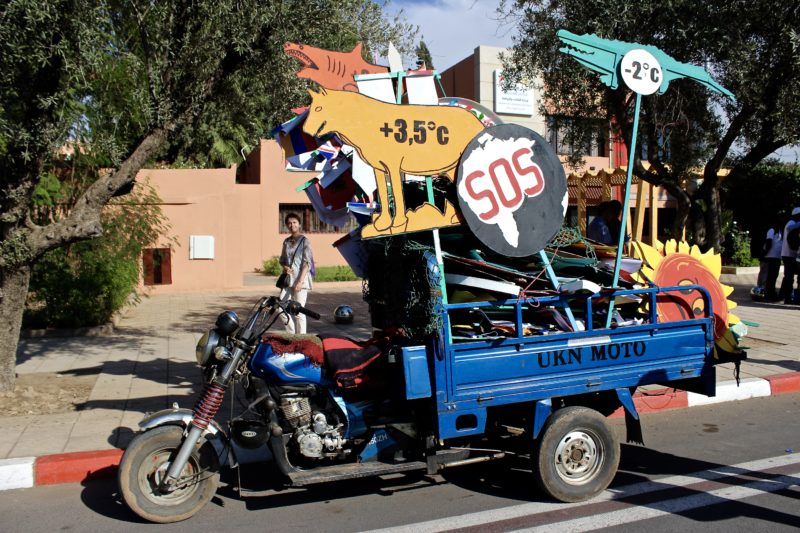
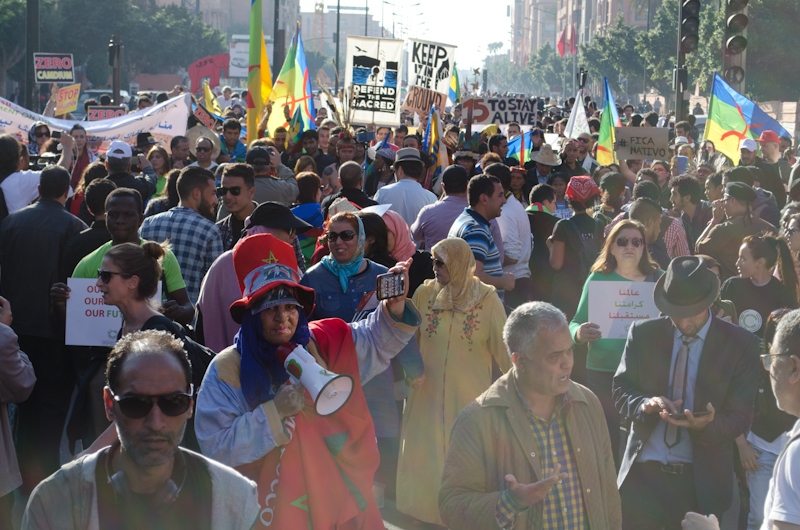
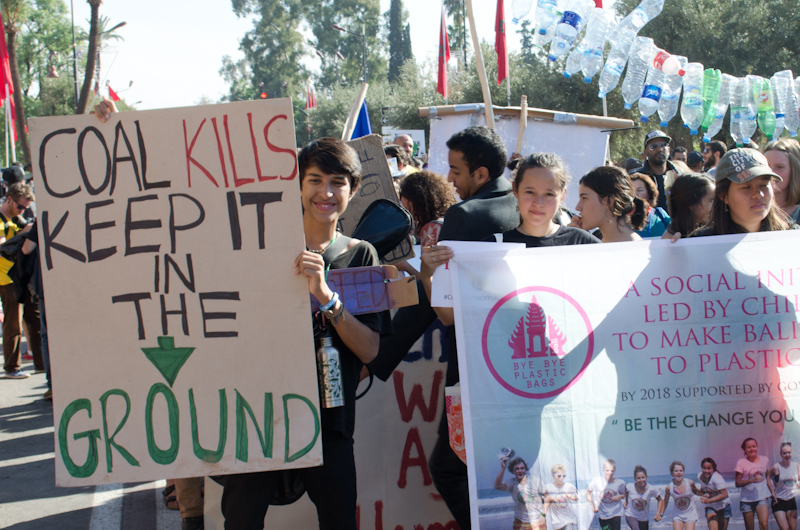
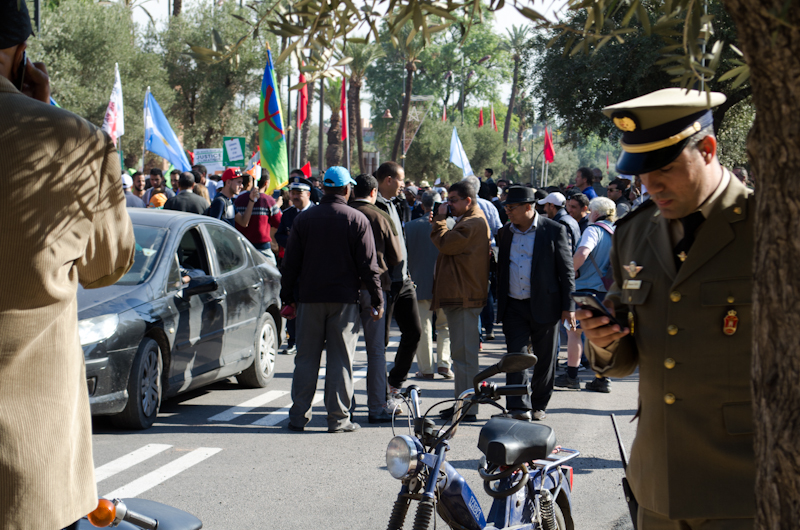
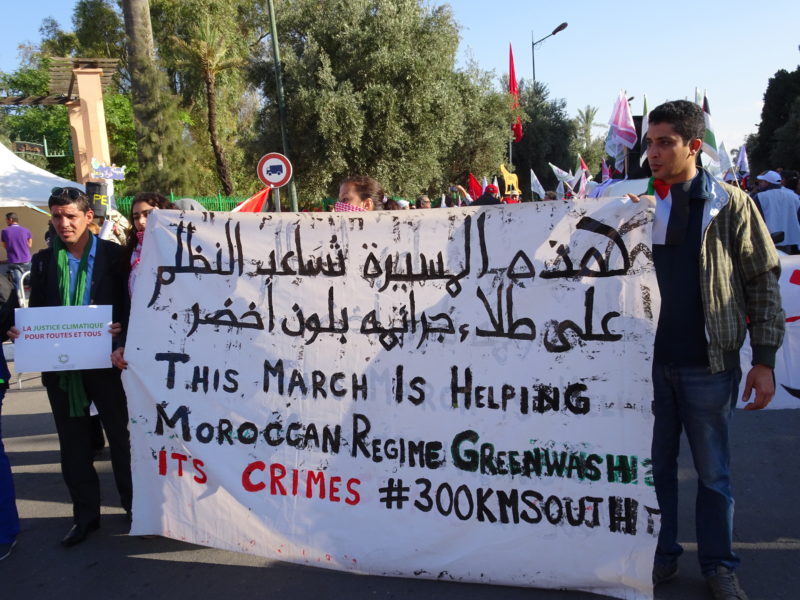
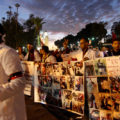
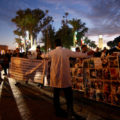
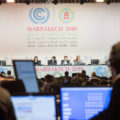



comment